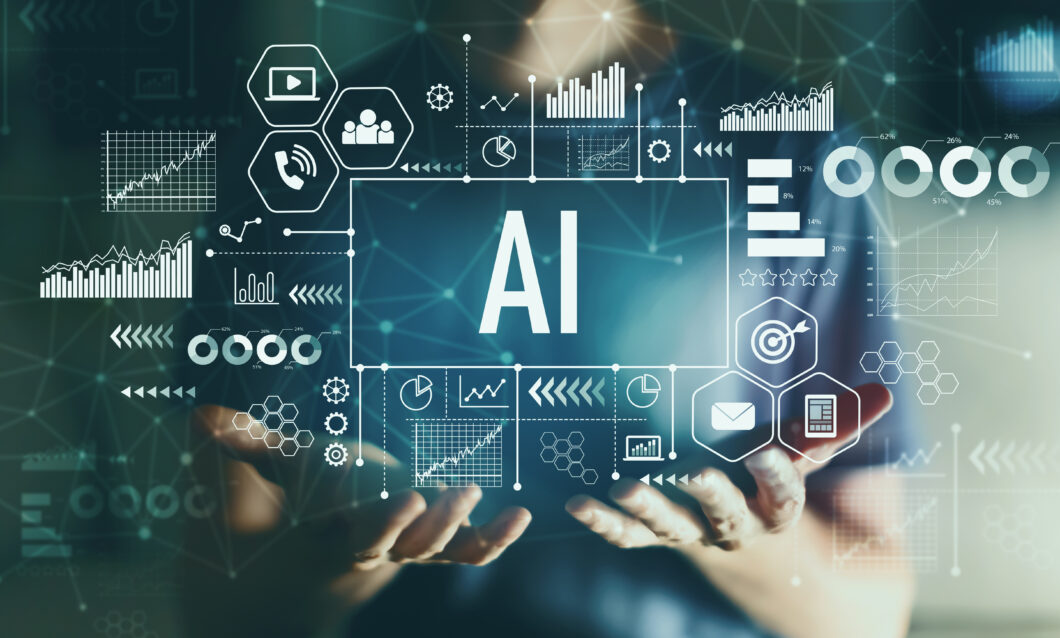Introduction
With the rapid advancements in generative AI, many professionals are questioning whether traditional roles will be replaced by generative AI such as ChatGPT. One such profession under scrutiny is that of overseas EMBA/MBA admissions counselors.
Having tested ChatGPT Pro myself, I was astonished by its capabilities, leading me to explore whether AI could completely replace the need for admissions counseling.
Now, let’s analyze the impact of AI on EMBA admissions counseling and whether human counselors will still have a role in the future.
1. What AI Can Do in EMBA Admissions Counseling
First, let’s examine which aspects of an MBA admissions counselor’s role can be handled by AI.
1.1. Providing Study Abroad Information
Generative AI processes vast amounts of data within seconds, far surpassing human research capabilities. It can instantly provide information such as:
- Comparative summaries of various EMBA/MBA programs
- Admission requirements, tuition fees, and scholarship details
Although search engines also provide this information, AI can curate personalized recommendations tailored to individual preferences, making the selection process significantly more efficient.
1.2. Assisting with Application Documents
AI can support applicants in crafting and refining essential documents like Statements of Purpose (essays) and resumes (CVs). Key features include:
- Grammar and language improvements
- Suggestions to enhance persuasive storytelling
- Optimization of document formatting
In particular, AI can instantly detect grammatical errors and unnatural expressions in English essays, ensuring a more professional final product.
1.3. Preparing for Admissions Interviews
AI can also function as a virtual interview coach, assisting applicants in various ways:
- Providing a list of common EMBA interview questions
- Offering feedback on responses
- Suggesting improvements in articulation and logic
However, while AI-generated feedback can be useful, it is still not fully reliable. Applicants should use AI as a supplementary resource rather than a definitive guide.
By leveraging AI tools, candidates can significantly enhance their interview readiness.
2. Limitations of AI in EMBA Admissions Counseling
Despite AI’s impressive capabilities, there are still aspects of admissions counseling that remain beyond its reach. These include personalized career guidance, networking support, and emotional reassurance.
2.1. Personalized Career Counseling
AI can suggest general career paths, but it struggles to provide personalized strategies tailored to individual circumstances. For example:
- Industry-specific career planning
- Custom EMBA study plans aligned with specific companies or roles
- Strategic advice for applicants considering career transitions or entrepreneurship
Here, the expertise of human counselors remains invaluable, as they can offer nuanced insights based on real-world experience.
2.2. Networking and Connections
One of the key benefits of attending an EMBA/MBA program is building a strong professional network. Some aspects of networking that AI cannot replace include:
- Connecting applicants with past MBA graduates (alumni matchmaking)
- Introducing candidates to HR representatives at hiring companies
As a counselor, I frequently facilitate such connections, helping applicants gain insights from alumni or potential employers—something AI is currently unable to replicate.
2.3. Emotional Support and Motivation
Studying abroad can be stressful and overwhelming. Students often face challenges such as:
- Maintaining motivation during the application process
- Handling unexpected academic difficulties
At Next Stage Oxford, we offer ongoing support even after enrollment, ensuring students have the guidance they need to thrive in their programs.
AI may provide logical advice, but it lacks the human touch necessary for genuine emotional support and mentorship.
3. Conclusion: AI and Counselors Can Coexist
While generative AI is revolutionizing the field of EMBA admissions counseling, it is unlikely to completely replace human counselors.
AI excels at providing information, optimizing documents, and streamlining the application process. However, it falls short when it comes to personalized career guidance, networking, and emotional support—areas where human expertise remains irreplaceable.
Rather than viewing AI as a threat, admissions counselors should embrace it as a tool to enhance efficiency while continuing to offer personalized, high-value services that AI cannot replicate.
As AI continues to evolve, the role of counselors will shift, but their importance in the EMBA admissions journey will remain essential.
